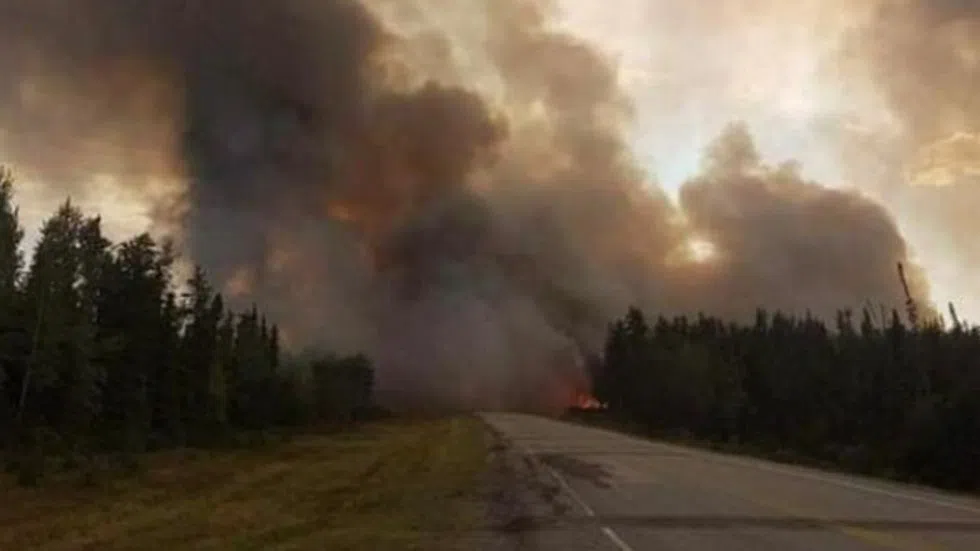
PAGC Wildfire Task Force releases recommendations
After a devastating wildfire season last year, the Prince Albert Grand Council has made recommendations to improve wildfire responses in the North.
The Grand Council established a task force to address wildfires in northern Saskatchewan earlier this year; the group has now released their interim report. The task force was formed following a mandate from the Prince Albert Grand Council’s Legislative Assembly last fall. The group consists of local leaders, Elders, technicians and representatives of the Federation of Sovereign Indigenous Nations.
“Since we are among the first to face the direct consequences of the wildfires, it was necessary for us to identify and address areas for improvement,” PAGC Grand Chief Brian Hardlotte said in a statement, noting the task force has made progress to address and implement much-needed changes.
PAGC Vice Chiefs Joseph Tsannie and Christopher Jobb echoed his sentiments. Tsannie also noted the impact wildfires have on food security in the north.


